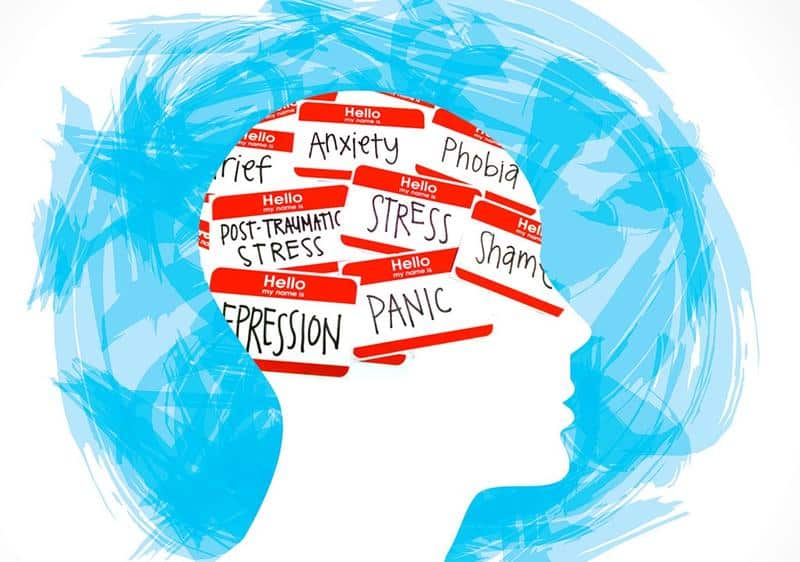LAHORE – Imagine being scared because you can hear or see things that are not there. Imagine delusions and hallucinations. Now, imagine being chained to a wall for 4 months because of your mental illness when you are already terrified and confused. This is the life of people suffering from schizophrenia in rural Pakistan, who are deprived of mental health treatments due to the belief that they are possessed by Jinns.

Muhammad Rehan (above) was 18 when he was photographed at a religious shrine in Thatta where he was chained to a wall for 4 months. He was one of many who relied on the shrine for survival.
Pakistan’s mental health crisis is on the rise with suicide and mental illness rates increasing. Only one month ago, fashion model Anam Tanoli took her life in her Lahore home. The suicide ignited brief discussions of mental illness, including some people commenting on Twitter as to why a young celebrity would take her life. This ignorance about mental illness emphasizes the need to educate the masses on what it is and how it is all around us.
In just 2 years, Pakistan’s statistics for mental illness increased from 10% to 34%. In 2016, Dr Ayesha Mian, chairperson of the Department of Psychiatry at the Aga Khan University (AKU), highlighted the fact that there were only 400 trained psychiatrists at the time for the millions that needed treatment. With lack of allocated resources towards the mental health crisis including a shortage of psychiatrists for the masses, why does Pakistan refuse to acknowledge mental illness?

The prevalent notion that one is crazy if they are seen at a psychologist or psychiatrist’s office stops a large portion of the population from seeking treatment. The stigma and gossip associated with treatment is one that is integrated into the society without realising that the person needs support and encouragement. A trip to a mental health practitioner upon need is just as important as a trip to the doctor when you’re physically ill.
In the rural areas, patients of schizophrenia are left behind at religious shrines with the claim that they are possessed by Jinns. The mind-set is shared by the patients themselves with 53% of mental health patients claiming the cause of their illness is Jinns. Not only are they neglected of proper treatment, but they are also mistreated. Many women suffering from mental illness are married off instead of being treated. It should come as no surprise that mistreatment and loneliness is not the cure for mental illness. But the issue here is another altogether: the refusal to accept that there is the presence of mental disorders in these individuals.
In the time of Naya Pakistan, let’s create one of acceptance.














